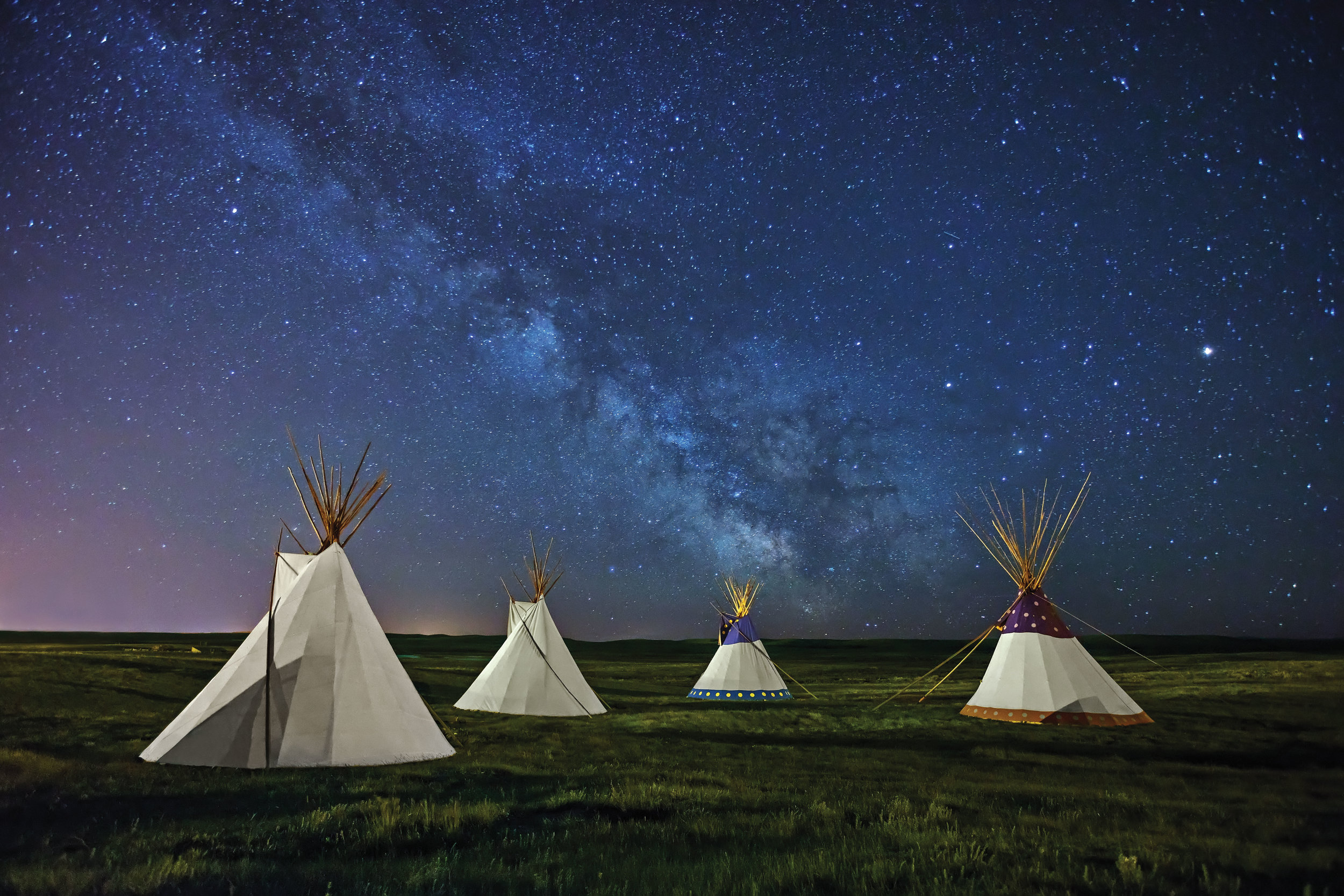
It’s not until you escape the bright lights of the city that you realize the importance of inky darkness. There’s a kind of raw purity that surfaces when you’re completely immersed in nature, gazing up. You begin to understand why our ancestors lived by the stars for meaning and guidance. The night sky is the source of some of life’s greatest magic–yet the ever-present light in urban areas undoubtedly gets in the way. But how is this disconnection from true darkness affecting us, and what’s being done about it?
We live by a series of physical, mental, and behavioral traits that are collectively known as circadian rhythms. These rhythms are what give us routine. They are what get us up and doing things with our day and what helps us wind down and get ready for rest at night. Trouble rising or sleeping indicates a possible stress factor interfering with these rhythms.
At their most basic, circadian rhythms are fuelled by the power of light and darkness. Light indicates our day is beginning, and dark sends us off to sleep. Light triggers the production of serotonin in the brain and darkness, melatonin. Serotonin is a neurotransmitter that makes you feel awake and alive and bursting with energy. Melatonin does the opposite; thus, it’s important that the brain is stimulated to produce it when it’s time to get our beauty rest for the night. And this requires darkness. You see where I’m going with this, don’t you?
As we urbanize more and more of our planet, we are losing touch with true darkness once the sun sets. Cities are known for 24-hour life. There’s something going on at any time of day or night. That’s exciting and enticing for those wanting stimulation of any kind. But with this urbanization comes a profound change in our social structure, dynamics, and perhaps most potently, our stress levels. It’s ironic that you can be surrounded by millions of individuals while still feeling completely isolated and lonely. A sense of community can feel utterly out of reach in the city. I believe this to be one of the primary forces behind our obsession with social media. When you’re all alone in a city where you don’t know a soul, a glance at your smartphone at 2 AM can provide a little comfort–yet you don’t sleep well, feel worse the next day, and the vicious cycle continues.
So, with our cities full of insomniacs and the masses losing touch with nature, two photographers decided to crowdfund their way to a project of galactic proportions. I am referring to the magnificent Harun Mehmedinovic and Gavin Hefferman of the SKYGLOW Project. If you haven’t seen their work already, you are most welcome for the introduction. The imagery is utterly breathtaking.
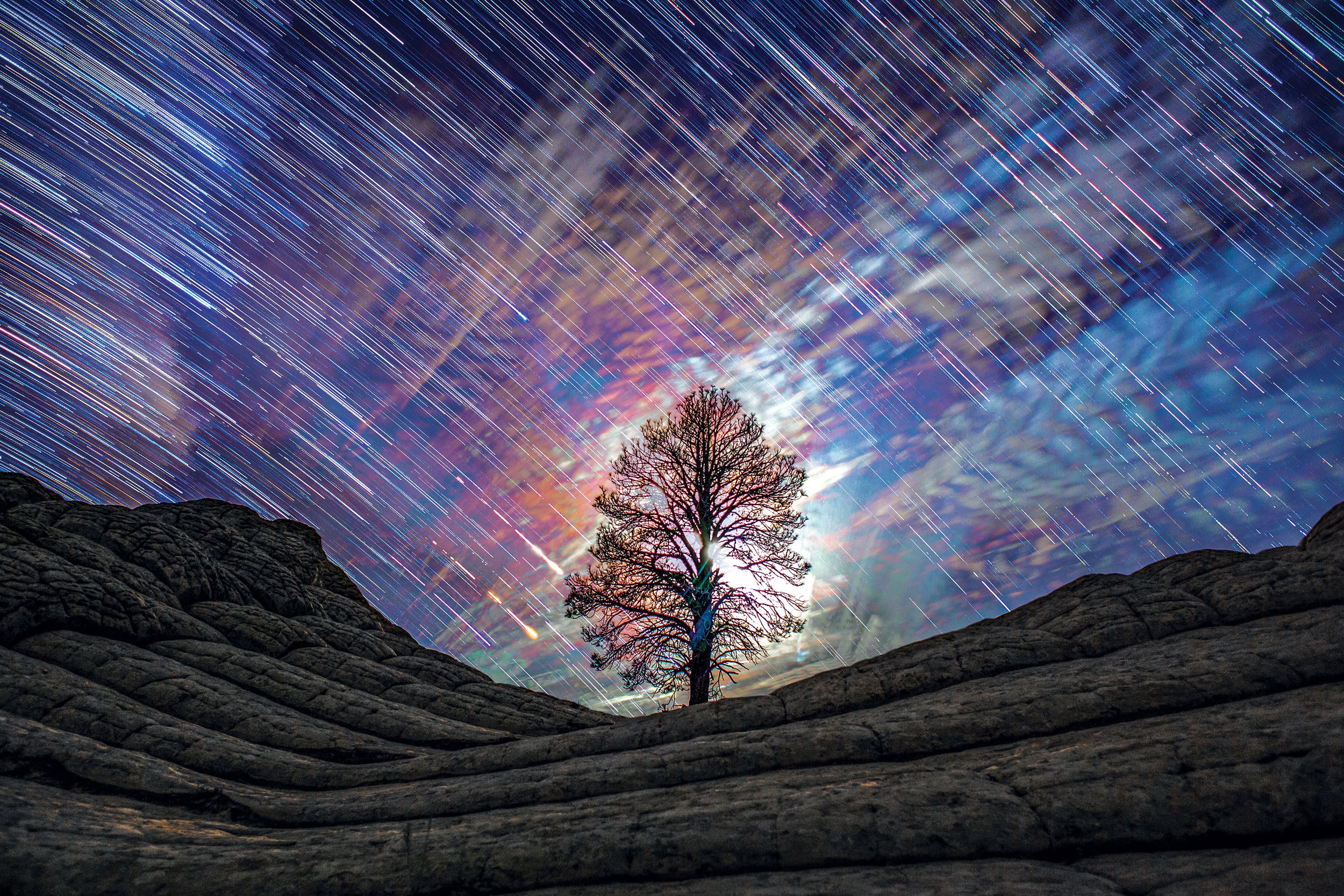
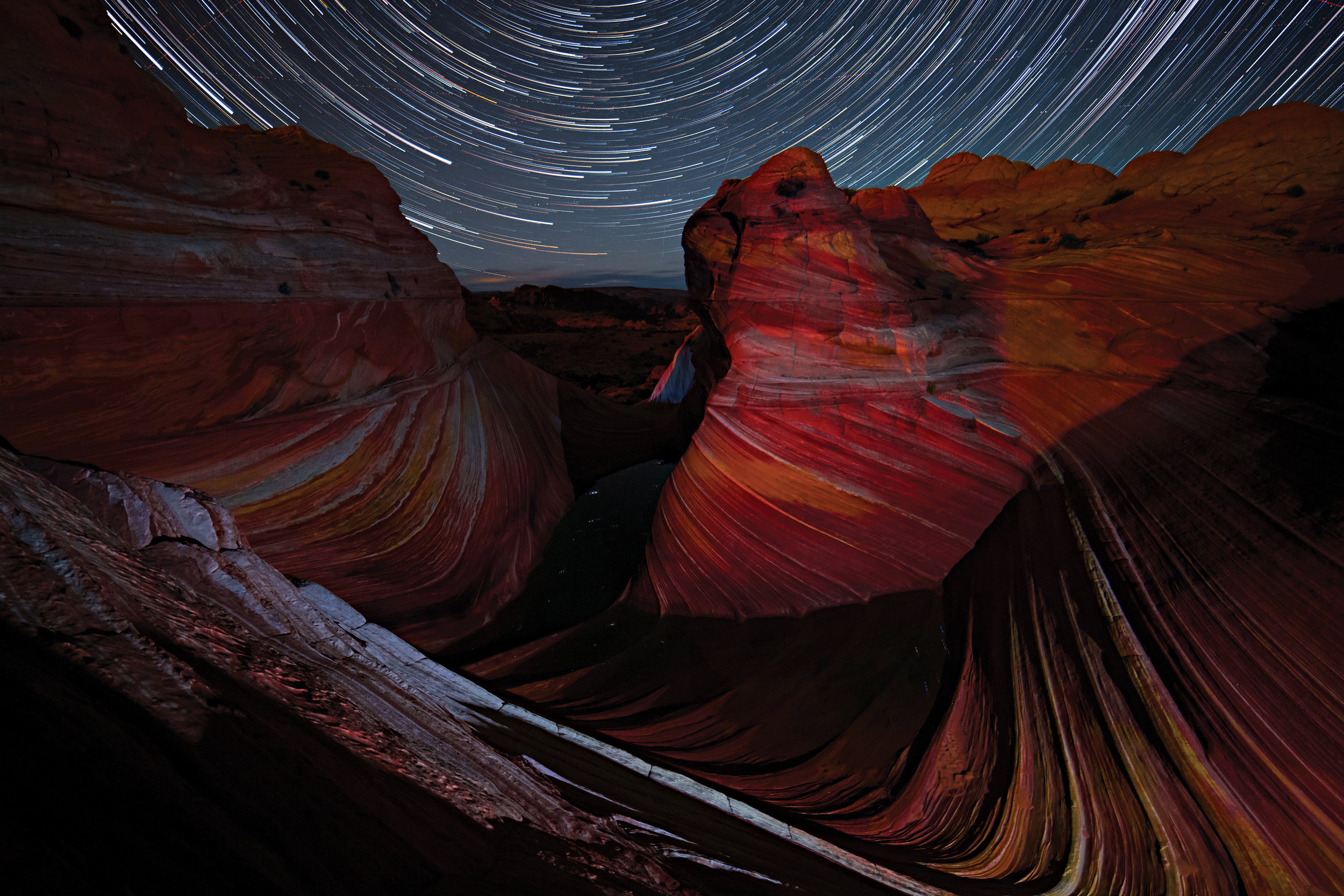
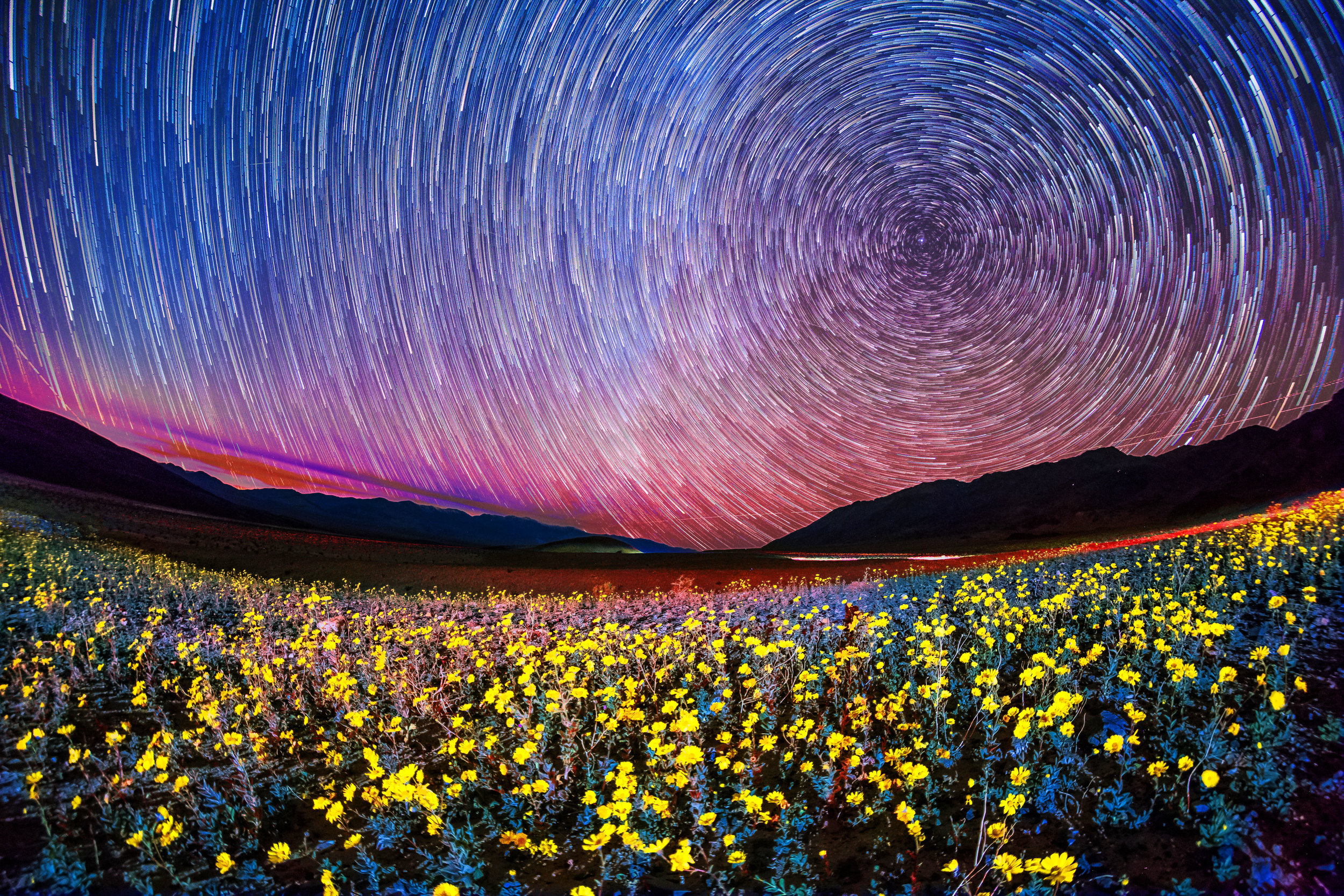

The effects of skyglow on our wildlife–in particular nocturnal wildlife–are well-documented and tragic. But what about the effects on us–long term, I mean? In the UK, we are at crisis point with poor mental health. Antidepressant prescriptions have doubled in the UK in just a decade. And Stateside? The increase was 400% from 1988-2008! I know, it is utterly shocking.
Now don’t get me wrong; depression, anxiety, insomnia, and all other unhealthy persuasions of our brilliant minds are not solely caused by light pollution. But, what light pollution represents is bigger than itself. It represents our detachment from our more tribal instincts and–arguably–requirements for a healthy and happy life.
But all is not lost. The most incredible thing about this environmental devastation is that it can be changed in an instant. All we have to do is turn off the lights. However, that isn’t going to happen unless the disbelievers have a reason why they might want to flick the switch.
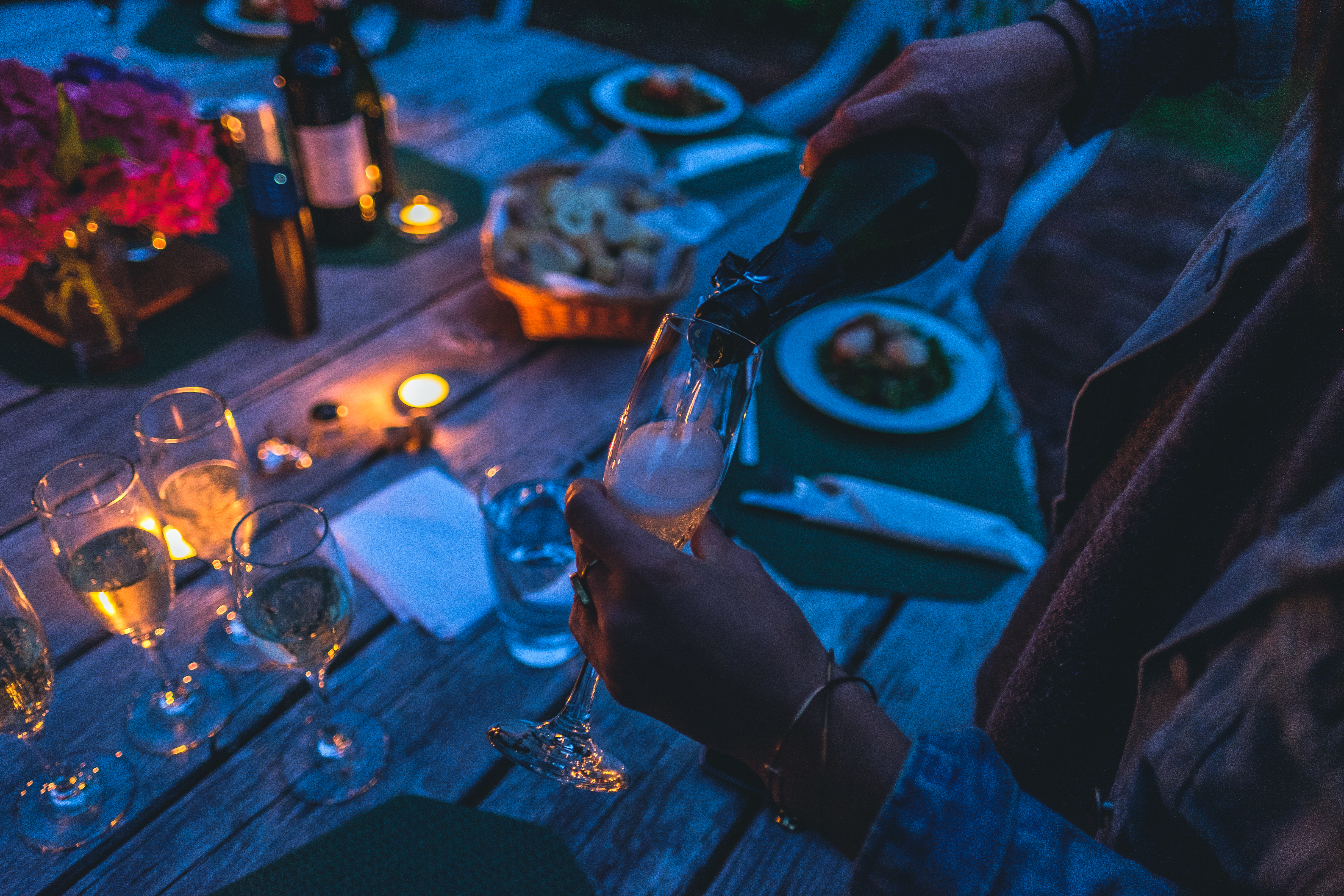
Here’s what you can do to help bring back our dark skies:
- Talk about it! Just like any other cause you believe in fighting for, talking about light pollution is the most critical way of educating others. Tell them about how streetlights are stressing nesting birds out and how light pollution confuses nesting and hatching sea turtles, leading to staggering mortality rates all because the moon is no longer the primary guiding light source. Also–of course–tell them about the melatonin situation, particularly if they’re struggling to sleep!
- Ditch the solar lights that you line your driveway with and the lights you whip out for the holiday season. For the former, have a flashlight handy, and for the latter, pour your efforts into interior decoration instead. No one’s going to be standing outside for long on a cold winter night anyway!
- Host or attend a candlelight soirée the next time the occasion calls for it. Take inspiration from settings like The Candlelight Club in London, which provides great speakeasy vibes, and dinner parties hosted under a full moon. Ditch the bright lights and revel in the mystery that moonlight offers. Consider candles (safety first, though!), scheduling for a cloudless night, and maybe a campfire added to the mix, depending on the event.
- Donate to projects like Skyglow if you’re as passionate about their work as I am. Head here to purchase something magical to adorn your space with. Or, simply donate any spare pennies to the cause if you, like me, believe in the importance of our interaction with a true night sky for our wellbeing.
Have you got any events coming up that you might want to “candlelize?” Where’s your favorite place to stargaze?
Also by Kat: 5 Zero-Waste Tips To Be A Total Eco Goddess This Festival Season
Related: It Takes 2700L Of Water To Make One T-Shirt. How to Reduce Your Impact
The Truly Mind-Boggling Way Our Synthetic Clothes Are Polluting The Oceans
Get more like this—Subscribe to our daily inspirational newsletter for exclusive content!
__




